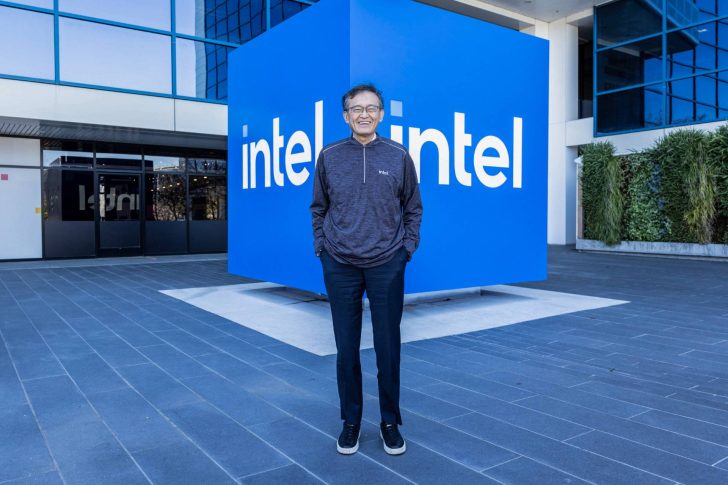Intel is gearing up for a significant transformation in its operations with its latest venture into the ASIC and design business. CEO Lip-Bu Tan has emphasized the pivotal role this initiative will play in the company’s future, potentially setting a new course for the tech giant.
Intel’s Ambitious ASIC Endeavor
In a strategic move, Intel has established the Central Engineering Group (CEG) to consolidate its engineering expertise into a single powerhouse division. Headed by Srini Iyengar, formerly of Cadence Systems, the group is poised to unlock new revenue streams and rectify past missteps in the AI sector. Reports suggest that CEG will be instrumental in launching Intel’s new ASIC and design service business, aimed at delivering tailored silicon solutions for a broad spectrum of external clients. According to CEO Lip-Bu Tan, this move extends Intel’s core x86 capabilities and broadens its design prowess.
In addition and just as important, the [CEG] group will spearhead the build-out of our new ASIC and design service business to deliver purpose-built silicon for a broad range of external customers. This will not only extend the reach of our core x86 IP but also leverage our design strength to deliver an array of solutions from general purpose to fixed function computing.
– Intel’s CEO Lip-Bu Tan at Q3 earnings call
As it stands, Intel lacks a robust product lineup to cater to AI customers, a gap their upcoming Jaguar Shores AI “rack-scale” accelerator lineup, set for a 2027 release, aims to fill. This effort places Intel in a unique position, differentiating it from competitors like NVIDIA and AMD. The CEG’s initiatives coupled with Intel’s ASIC ambitions position the company to cater to customers seeking custom AI silicon solutions, providing a comprehensive suite of services unmatched by rivals such as Broadcom, Marvell, or Alchip.

The Road Ahead for Intel’s Custom Silicon
By aiming to serve various roles within the AI supply chain, from design fees to volume-based manufacturing margins, Intel seeks to cement its position as a versatile player in the industry. Lip-Bu Tan’s history in the custom silicon business model, particularly his tenure at Cadence, bolsters Intel’s prospects in this domain. His expertise in IP business, design tools, and partnerships could prove invaluable in navigating the ASIC landscape. Intel’s foray into custom silicon may well become its new cornerstone, providing end-to-end solutions in the ever-evolving AI market. However, the firm faces stiff competition and must execute flawlessly to seize this opportunity.
